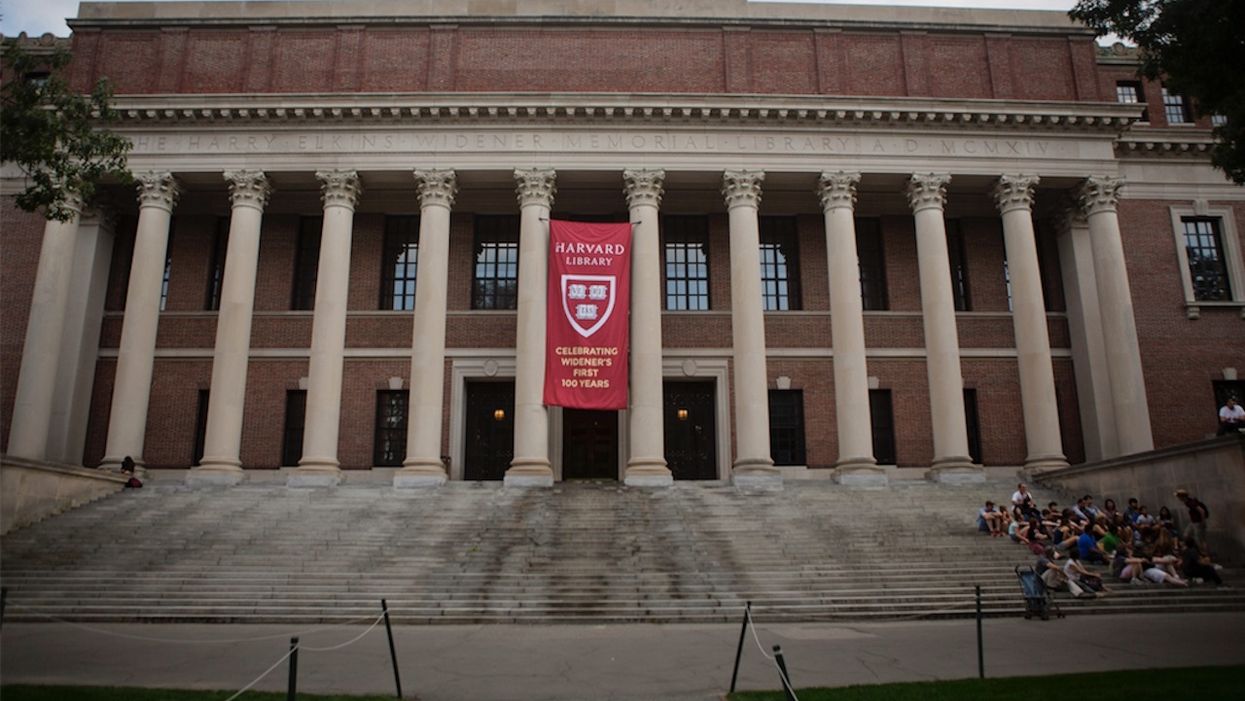
Photographer: Victor J. Blue/Bloomberg via Getty Images

'Because trigger warnings are consistently unhelpful, there is no evidence-based reason to use them'
A trio of Harvard psychologists last year concluded that trigger warnings — used most prominently on college campuses to let students and others know if potentially painful information is about to hit their eyes and enter their ears — may hamper emotional resilience and one's ability to handle trauma.
But Payton J. Jones, Benjamin W. Bellet, and Richard J. McNally weren't through. They buckled down and decided to specifically look at actual survivors of serious trauma to see how trigger warnings affected them.
The researchers said "451 trauma survivors were randomly assigned to either receive or not receive trigger warnings prior to reading potentially distressing passages from world literature. They provided their emotional reactions to each passage; self-reported anxiety was the primary dependent variable."
Similar to the original study, the Harvard psychologists said they "found no evidence that trigger warnings were helpful for trauma survivors, for those who self-reported a PTSD diagnosis, or for those who qualified for probable PTSD, even when survivors' trauma matched the passages' content."
The researchers added that they "found substantial evidence that trigger warnings countertherapeutically reinforce survivors' view of their trauma as central to their identity."
In the end, they said "trigger warnings are not helpful for trauma survivors. It is less clear whether trigger warnings are explicitly harmful. However, such knowledge is unnecessary to adjudicate whether to use trigger warnings — because trigger warnings are consistently unhelpful, there is no evidence-based reason to use them."
(H/T: Campus Reform)